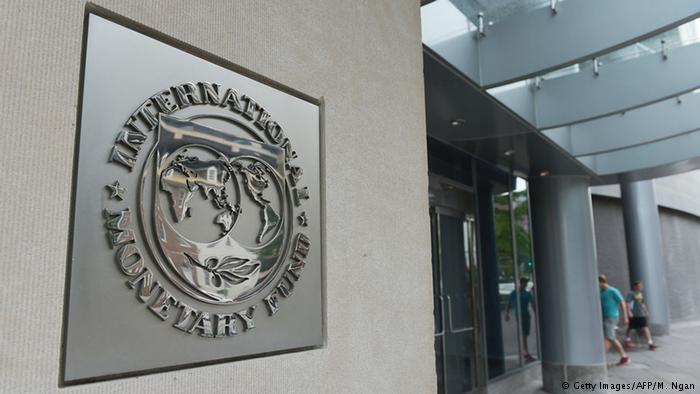Mozambique launches digital platform to track northern reconstruction projects
IMF advises Mozambique to consider liquidating its ‘hidden debts’ companies

The International Monetary Fund has recommended that Mozambique study the possibility of liquidating those public companies which contracted undisclosed loans, after passing their assets over to the state.
Under the Fund’s and the World Bank’s Joint Recommendations on the Mozambican economy, made under the IMF’s Article IV, officials argue that the government should “support the process of accountability and address the issue of undisclosed loans held by EMATUM, ProIndicus and MAM”.
These companies contracted state-backed debts not declared in official accounts, the inability to repay which put the country at the centre of a financial crisis leading to a decline in market confidence.
In the document, to which the Lusa agency has had access, analysts say that this move would include defining how much of the loans would be included in the budget and how much remain with the companies, along with provision for “a comprehensive and credible report on the effective use of lending funds and exaggerated pricing practices”.
They also suggest that the government should guarantee “the transfer to the state of the security assets of the three companies”, and “consider the viability of these three companies, studying their possible liquidation after the restructuring of the loans”.
Unsustainable debt

This set of recommendations follows the release of the IMF’s annual review of Mozambique’s economy under Article IV, which includes recommendations on improving economic governance and reducing the value of public debt, considered unsustainable in light of recent events.
Among the main recommendations are the “introduction of a framework of budgetary accountability and the efficient management of wealth from natural resources”, as well as consulting the Bank of Mozambique whenever a public company wants to borrow more than a certain amount of money.
Public company accounts are another focus of the recommendations, which advocate quarterly reports on assets, loans and accounts not only of public companies, but also of those in which the state has holdings and which can therefore affect public accounts.












Leave a Reply
Be the First to Comment!
You must be logged in to post a comment.
You must be logged in to post a comment.